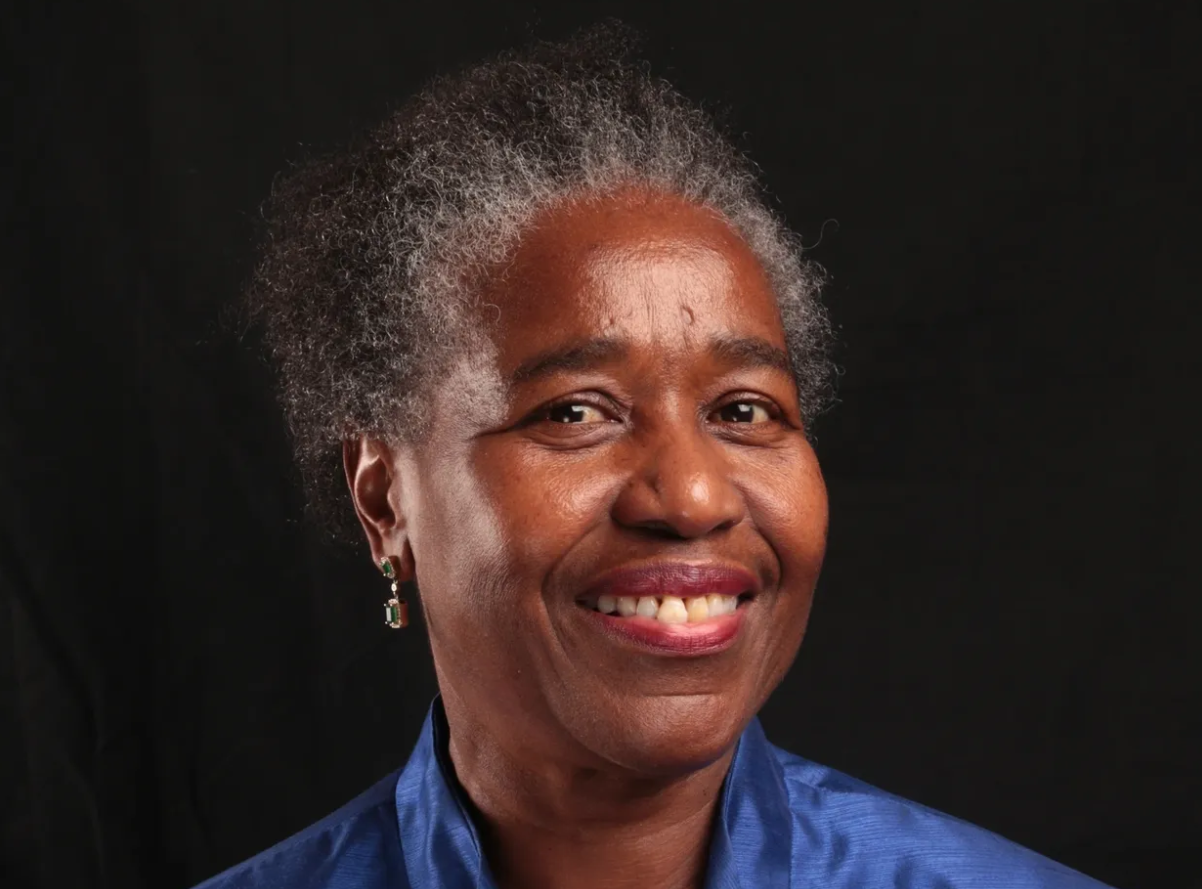
4 minute read
INTERNATIONAL WOMEN CHALLENGES
DR NESLYN WATSON-DRUÉE
International Women's Day, themed "Accelerate Action," highlights the urgency of addressing the multifaceted challenges women face globally.
As a woman who has navigated leadership roles across healthcare, civil service and private business for over three decades, I have witnessed firsthand both the persistent challenges and remarkable progress in women's leadership journeys.
WOMEN IN THE WORKPLACE: WOMEN’S REPRESENTATION
Despite progress, parity for all women is almost 50 years away. At the current pace of progress, it will take 22 years to reach parity for white women—and more than twice as long for women of colour. Put another way, it will take 48 years for the representation of white women and women of colour in senior leadership to reflect their share of the U.S. population and there are similarities in the U.K population.
Challenges
• Gender Inequality in the Workplace: Women often face disparities in pay, promotions, and leadership roles. Gender Pay Gap: Despite progress, many women still earn less than their male counterparts for similar roles, with disparities more pronounced for women of colour and those in senior positions. The glass ceiling remains a significant barrier.
Microaggressions can contribute to feelings of isolation, decreased confidence, imposter syndrome, and can hinder women's career progression by making them feel less valued or taken seriously in their leadership roles.
• Underrepresentation in Leadership: Women remain underrepresented in senior leadership roles and boards, with few female CEOs in major corporations.
• Work-Life Balance: Inflexibility in working policies and practices mean that many women find it difficult to balance professional and personal responsibilities, especially in caregiving roles, which can hinder their career advancement. Moreover, it is assumed in many policies at women will continue to be the primary caregiver of childcare. Organisations that have gender neutral policies for both men and women are contributing to a shift in consciousness.
• Mental Health and Wellbeing: The pressure of workplace demands combined with societal expectations of women as carers can impact women's mental health, leading to stress and burnout.
• Career Advancement Opportunities: Women often face barriers to career advancement due to systemic biases: organisational cultural practices affecting hiring, performance appraisal and promotional processes. In addition, lack of sponsorship, lack of strategic mentoring, and fewer networking opportunities all add to collective disadvantages for women.
Lean In Report 224 – “I’m definitely seeing women in higher positions. That’s gotten a lot better. But, when it comes to seeing other types of diversity in those positions, we still have a ways to go.” Black woman, manager, 2024
“At my previous job, I had all the credentials and had been at the company for years. I applied to become a manager and got passed over. The guy who got the job didn’t have all the credentials, didn’t have all the experience, and had never been a manager before.” White woman, manager, 2022
• Cultural Change: There is a need for a cultural shift in organisations to embrace diversity and inclusion at all levels, ensuring that women's contributions are valued and recognised. Deep-seated stereotypes and traditional gender roles can hinder women's participation in various sectors, including STEM and leadership.
• Impact of Remote Work: The shift to remote and hybrid working models during and after the pandemic has presented both opportunities and challenges for women, including increased flexibility but also heightened visibility of work-related tasks.
• Access to Education and Resources: In some regions, girls still lack access to quality education and resources, limiting their opportunities for personal and professional growth. Limited access to professional development and training opportunities can hinder women's career growth and skills advancement.
• Violence and Harassment: Women continue to face considerable risk of gender-based violence and harassment, both in public and private spaces, impacting their safety and mental health.
• Another persistent challenge is establishing credibility in environments deeply conflicted about women's authority. Even in 2025, women must still prove their competence repeatedly while men are frequently presumed competent until proven otherwise. I have mentored countless women who express frustration at having their ideas overlooked until a male colleague presents them - what I call the "echo without the credit" phenomenon.










